During the EU Summit, European leaders outlined a number of guidelines to step up support for Ukraine in all aspects. For its part, Ukraine wants the EU to impose as many sanctions on Russia as possible.
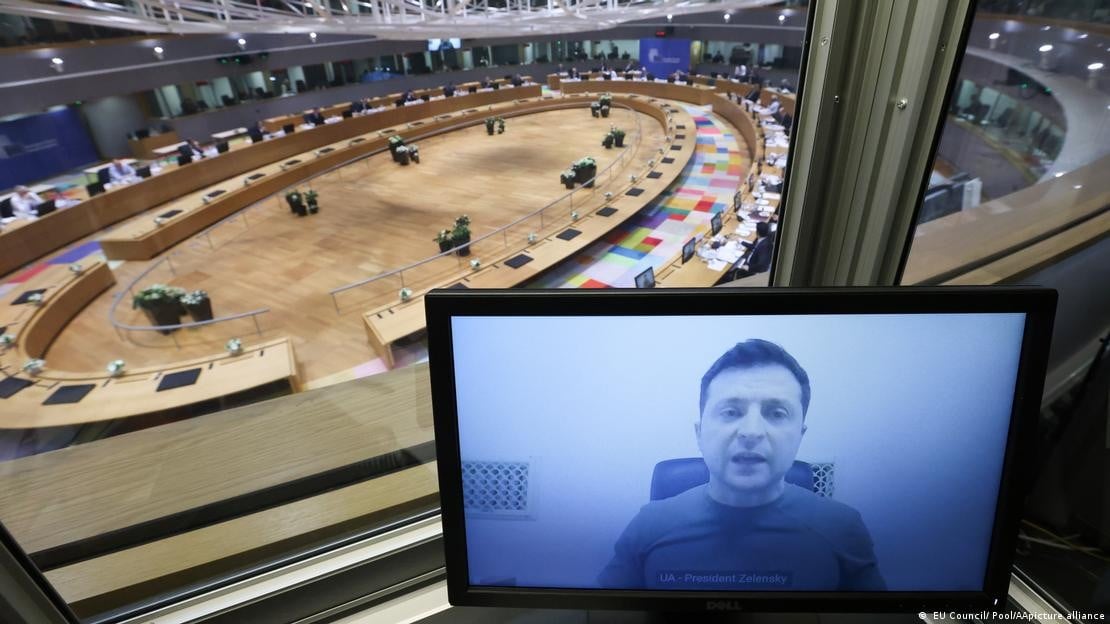 |
| Ukrainian President Volodymyr Zelensky delivers a video address to the EU summit. (Source: DW) |
Long term campaign
European Union (EU) leaders said on June 29 they would make long-term security commitments to strengthen Ukraine's security as President Volodymyr Zelensky urged the EU to launch a new round of sanctions against Russia.
At the EU summit in Brussels, leaders continued to condemn Russia for its military campaign against Ukraine and said the EU and its member states were “ready” to contribute to long-term commitments to help Ukraine defend itself.
In a document summarizing the summit's conclusions, the leaders said they would quickly consider the form of these commitments.
Josep Borrell, the EU's High Representative for Foreign Affairs and Security Policy, has suggested that they could reinforce existing EU support, such as the European Peace Facility that is providing billions of euros in weapons to Ukraine as well as training for the Ukrainian military.
“Military support for Ukraine must be ‘long-term’,” he said, suggesting that the EU could set up a Ukraine Defense Fund, modeled on the European Peace Facility.
“Training must continue, military modernisation must continue. Ukraine needs our commitment to continue to ensure its security during and after the conflict,” the senior EU official added.
EU members France and Germany, along with Britain and the United States, have led efforts to reach bilateral security agreements to provide Ukraine with long-term military equipment, training and intelligence funding. The commitments are designed to reassure Kiev and give it confidence in the West’s long-term support.
Commit but be clear
France, which backs a greater European security and defence role, has proposed a text summarising the conclusions of the EU summit, diplomats said.
However, it was revised to take into account the concerns of militarily neutral states and transatlantic supporters such as the Baltic states, which see European security primarily as a matter for the North Atlantic Treaty Organization (NATO) with a strong US role.
The text has met with some opposition from Ireland, Malta and Austria, which want clarity on what the “commitments” entail.
Irish Prime Minister Leo Varadkar said ahead of the summit that the details were “something we will work out as part of our discussions today”.
“We are supporting Ukraine financially and politically. We are happy to make those ongoing security commitments but what we cannot do as a country is enter into a commitment to mutual defense because that would violate our policy of neutrality,” he added.
The EU's statement has led to a discussion among NATO members and military powers such as the US, UK, France and Germany about ways to assure Ukraine that the West is committed to strengthening its security in the long term.
Some member states have previously said the idea of “commitments” is too loosely defined and have asked the EU’s foreign policy arm to produce a document codifying the terms.
“We have made quite a number of security commitments,” an EU diplomat said, referring to the bloc’s financial support for Kiev and its initiatives to source, produce and deliver increasing quantities of ammunition.
Speaking to EU leaders via video conference, Mr Zelensky thanked them for the 11th package of sanctions against Russia, approved in early June to prevent other countries and companies from evading existing measures.
“The key is to keep imposing sanctions,” he said. “The less time there is for Russia to adjust to the pressure and come up with ways to circumvent the sanctions.”
Meanwhile, General Christopher Cavoli, NATO’s top commander in Europe, told a closed-door meeting last week that Ukraine’s recent offensive had not yet achieved significant success and was struggling against Russian defenses. He told those present that “Russia still has the advantage of numbers.”
SHAPE, NATO's military headquarters, declined to comment on General Cavoli's private remarks.
“NATO has been closely monitoring the conflict in Ukraine since it began,” they said in a statement. “The next phase of the conflict could be long and difficult, but we will continue to do everything we can to help Ukraine.”
Most EU members are also members of NATO. At the alliance’s summit on July 11-12, NATO will seek to provide Ukraine with more security guarantees if it is not eligible for NATO membership.
EU countries have provided billions of dollars to Ukraine, both to bolster its military capabilities and to keep its economy afloat. EU leaders will take a closer look at how to use frozen Russian assets, estimated at 200 billion euros, for that purpose.
Some countries worry that the legal basis for that remains too weak, and the European Central Bank has warned that seizing Russian assets or profits accruing from them could pose a serious risk to the credibility of the euro.
Source




![[Photo] Many young people patiently lined up under the hot sun to receive a special supplement from Nhan Dan Newspaper.](https://vphoto.vietnam.vn/thumb/1200x675/vietnam/resource/IMAGE/2025/5/18/6f19d322f9364f0ebb6fbfe9377842d3)
![[Photo] Party and State leaders attend the special art program "You are Ho Chi Minh"](https://vphoto.vietnam.vn/thumb/1200x675/vietnam/resource/IMAGE/2025/5/18/6895913f94fd4c51aa4564ab14c3f250)
![[Photo] Ready for the top competitions of Vietnamese table tennis](https://vphoto.vietnam.vn/thumb/1200x675/vietnam/resource/IMAGE/2025/5/18/9c547c497c5a4ade8f98c8e7d44f5a41)




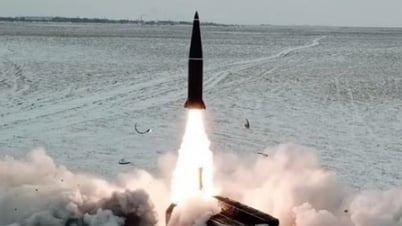

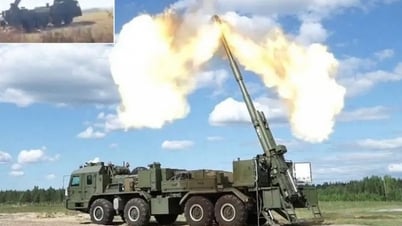
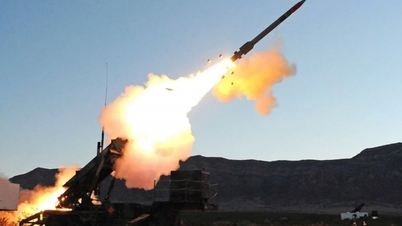

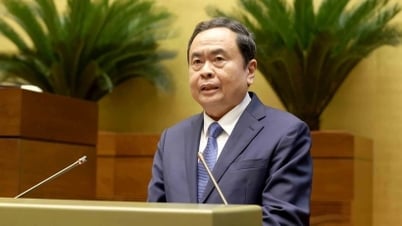

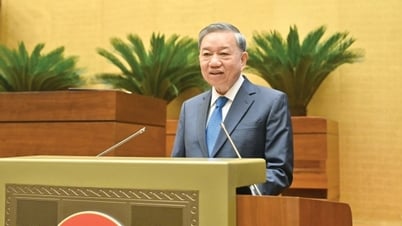
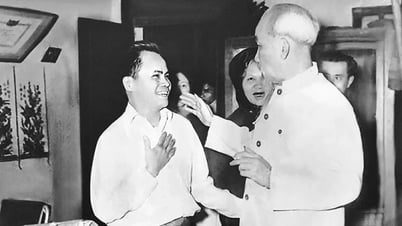

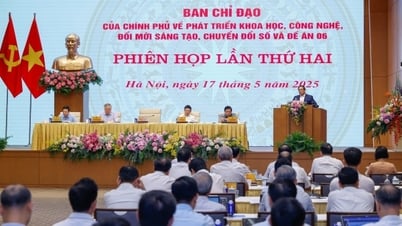
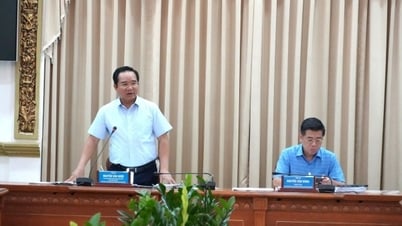







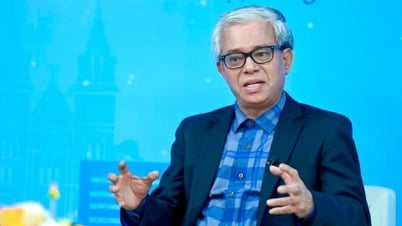
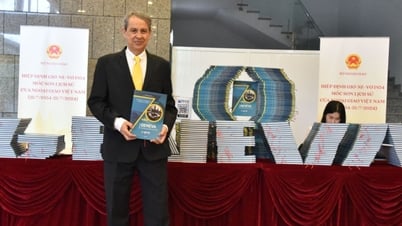













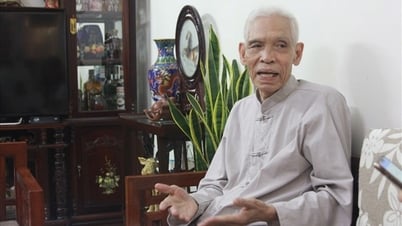










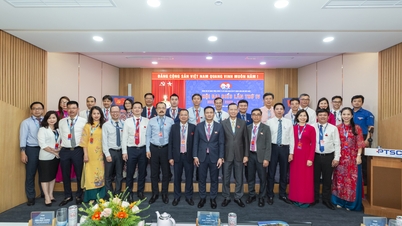







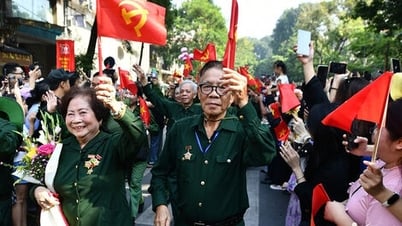

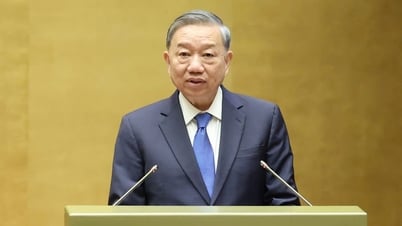











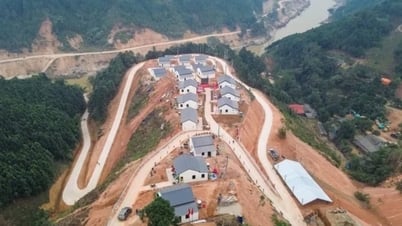

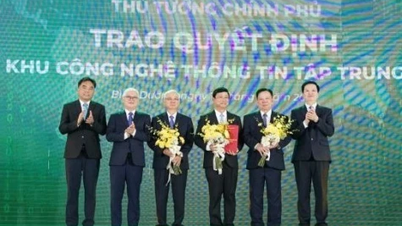



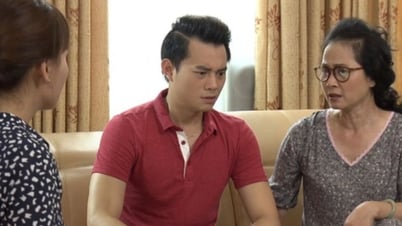

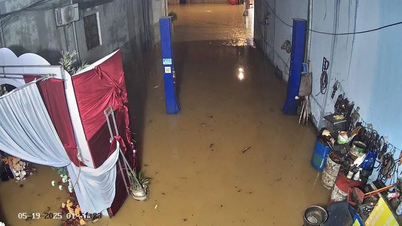












Comment (0)